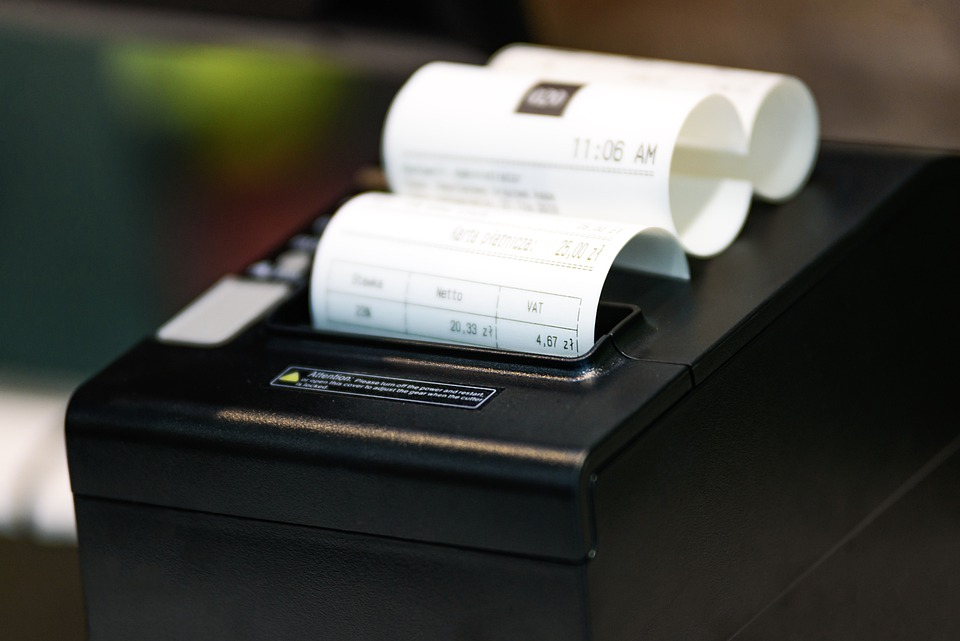As Poslovni Dnevnik writes, the total value of Croatian fiscalised receipts last week exceeded four billion kuna (4.1), which improved the amount from the same period last year by 22 percent or 743.7 million kuna. Data from the Tax Administration also shows that in the period from the 11th to the 17th of October, when compared to the same week back in 2020, the number of Croatian fiscalised receipts (43.6 million) was 18 percent higher.
In the trade sector, the total amount of Croatian fiscalised receipts issued last week amounted to 2.8 billion kuna, while in catering and tourism, ie accommodation and food preparation and service activities, receipts with a 66 percent higher value were issued, reaching an impressive 365 million kuna last week.
If we compare last week’s situation with that from the pre-crisis year of 2019, known as being a record one, fewer actual receipts were issued, but their value increased. In particular, there were 4 percent fewer fiscalised receipts issued and a nine percent increase in their value.
A cumulative review of fiscalisation for the period from February the 22nd to October the 17th this year compared to last year (from the period of February the 4th to October the 18th, shows that in 2021, the number of issued receipts grew by 24 percent and in value by 27 percent.
“Across all economic activities, a total of 1.5 billion Croatian fiscalised receipts were issued, in the total amount of 143.8 billion kuna, which increases the value of those receipts by 30.4 billion kuna annually,” reads the analysis of the Tax Administration.
In the wholesale and retail trade, the repair of motor vehicles and motorcycles, the number of receipts issued in the period from February the 22nd to October the 17th, 2021 compared to February the 25th to October the 20th, 2019 saw one percent fewer invoices, but their value increased by six percent.
The hospitality and tourism sector, on the other hand, recorded 30 percent less receipts issued as well as a six percent lower amount of these receipts when compared to the pre-pandemic year of 2019, according to a cumulative review of fiscalisation.
For more, follow our business section.








